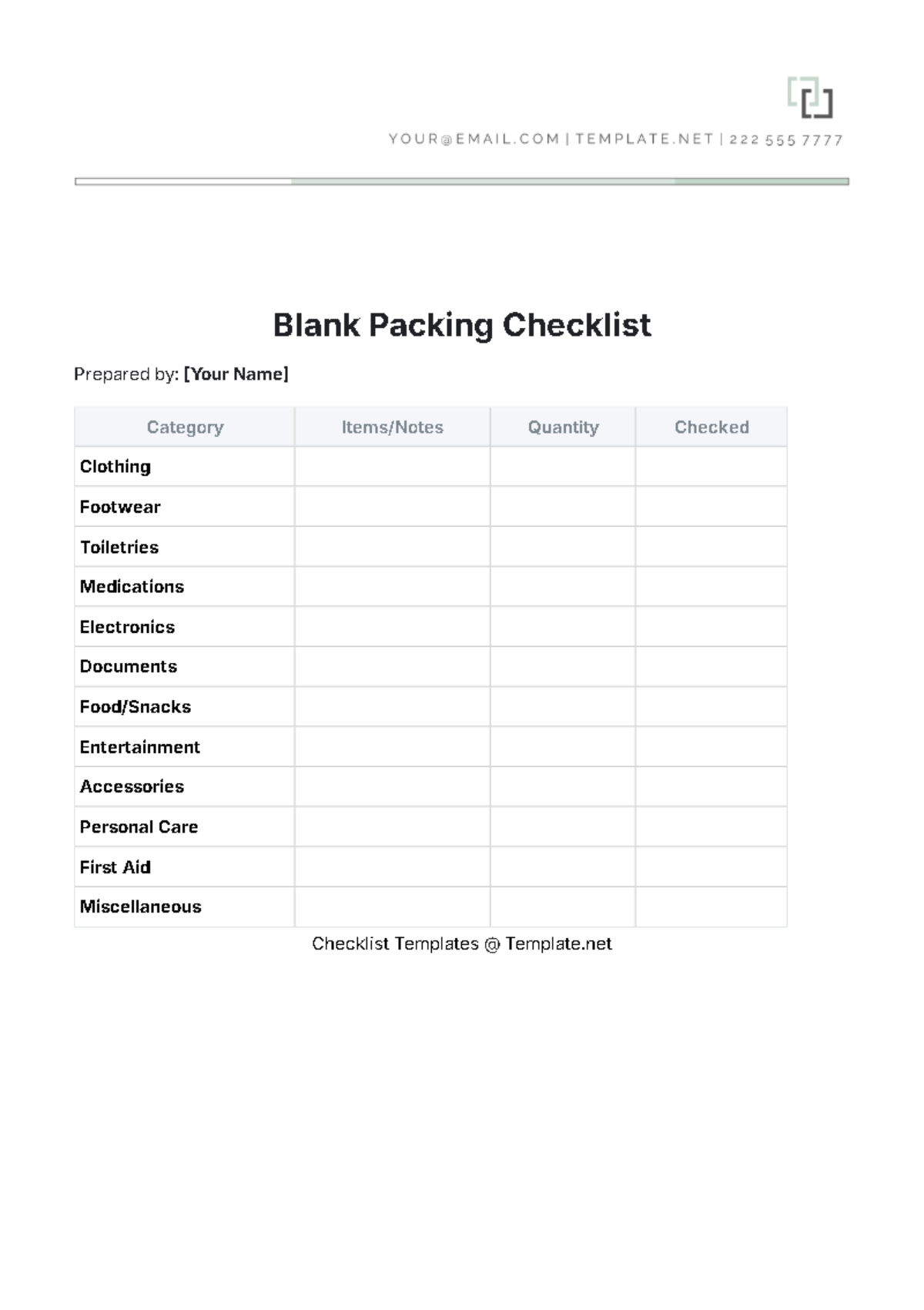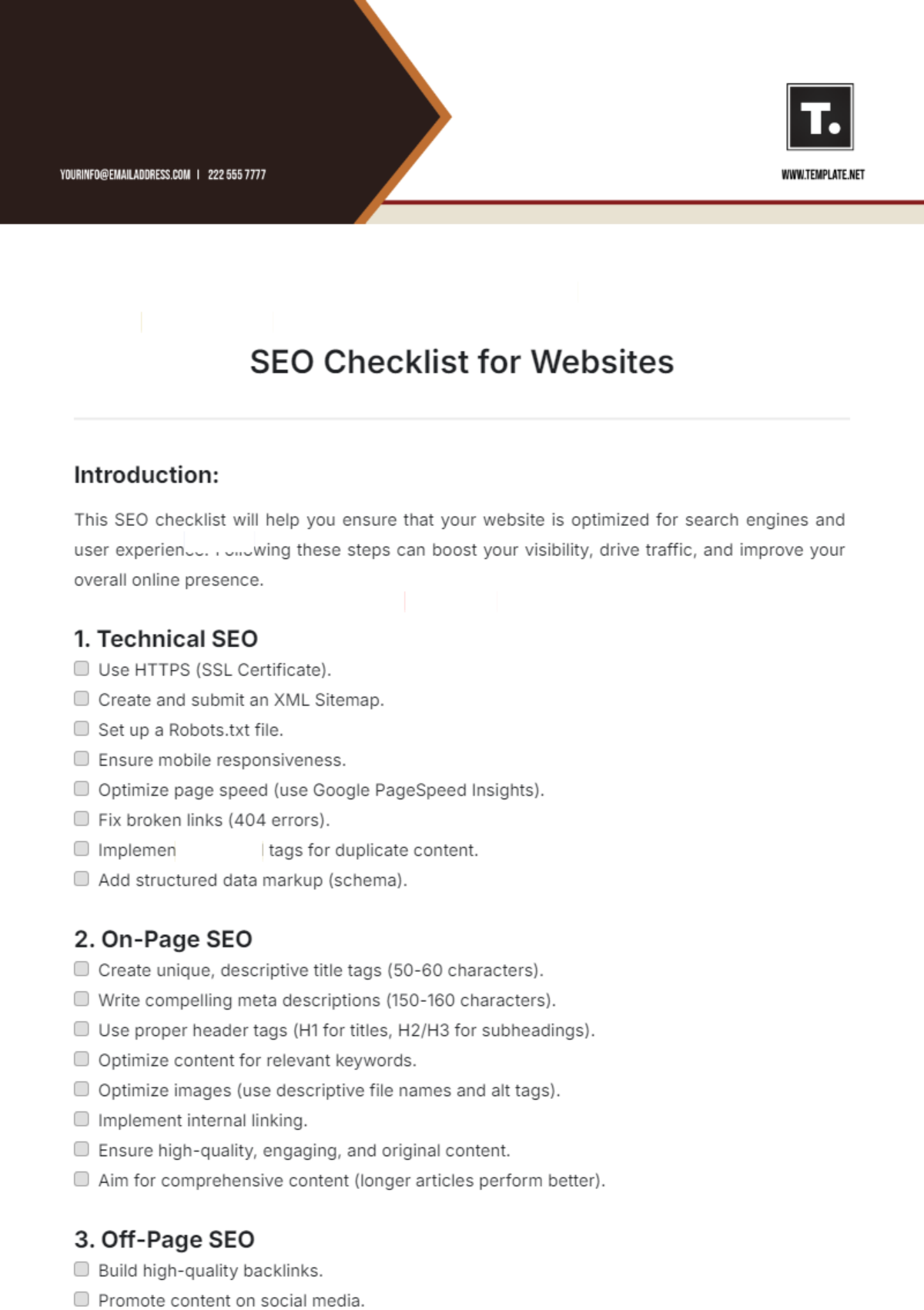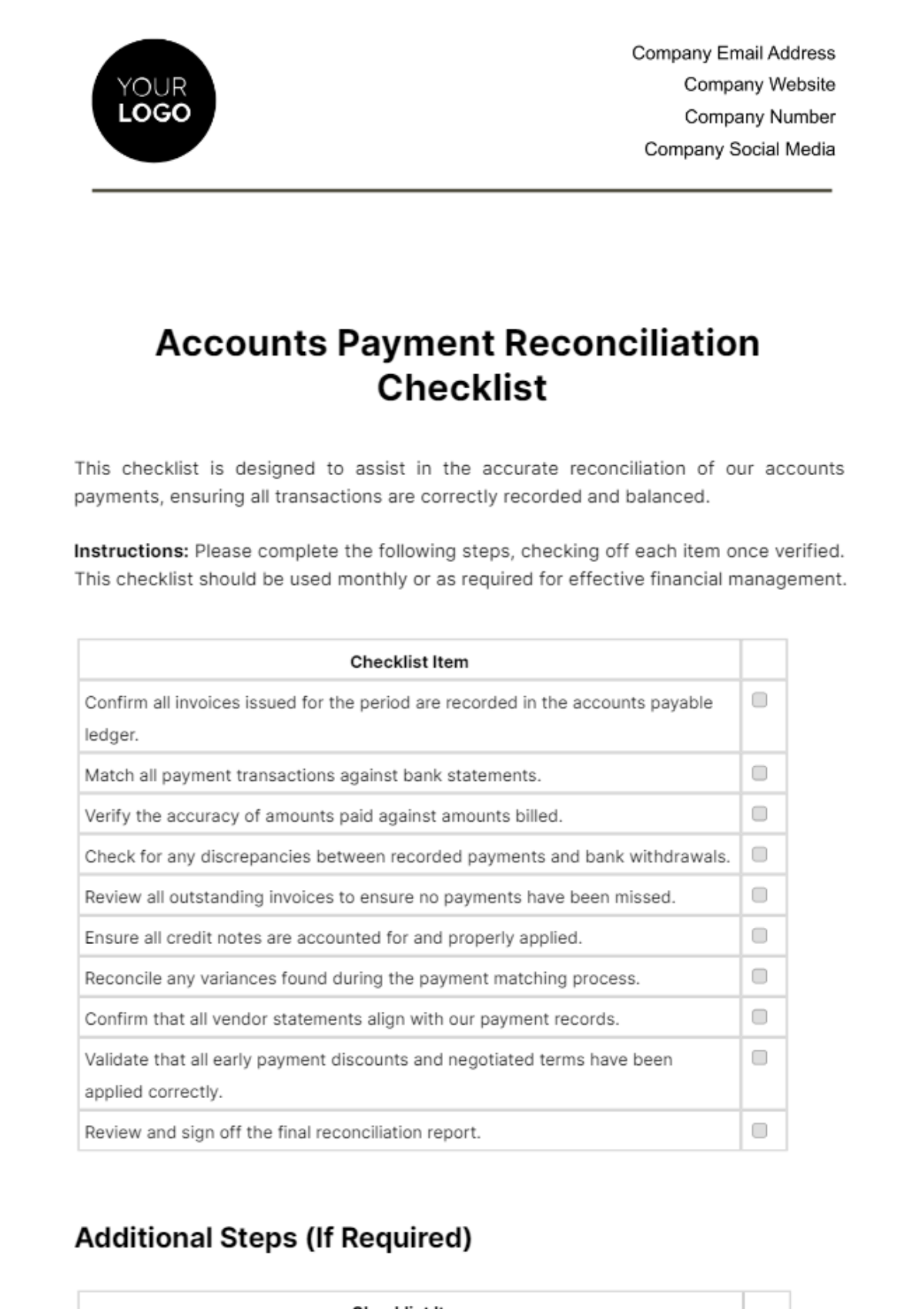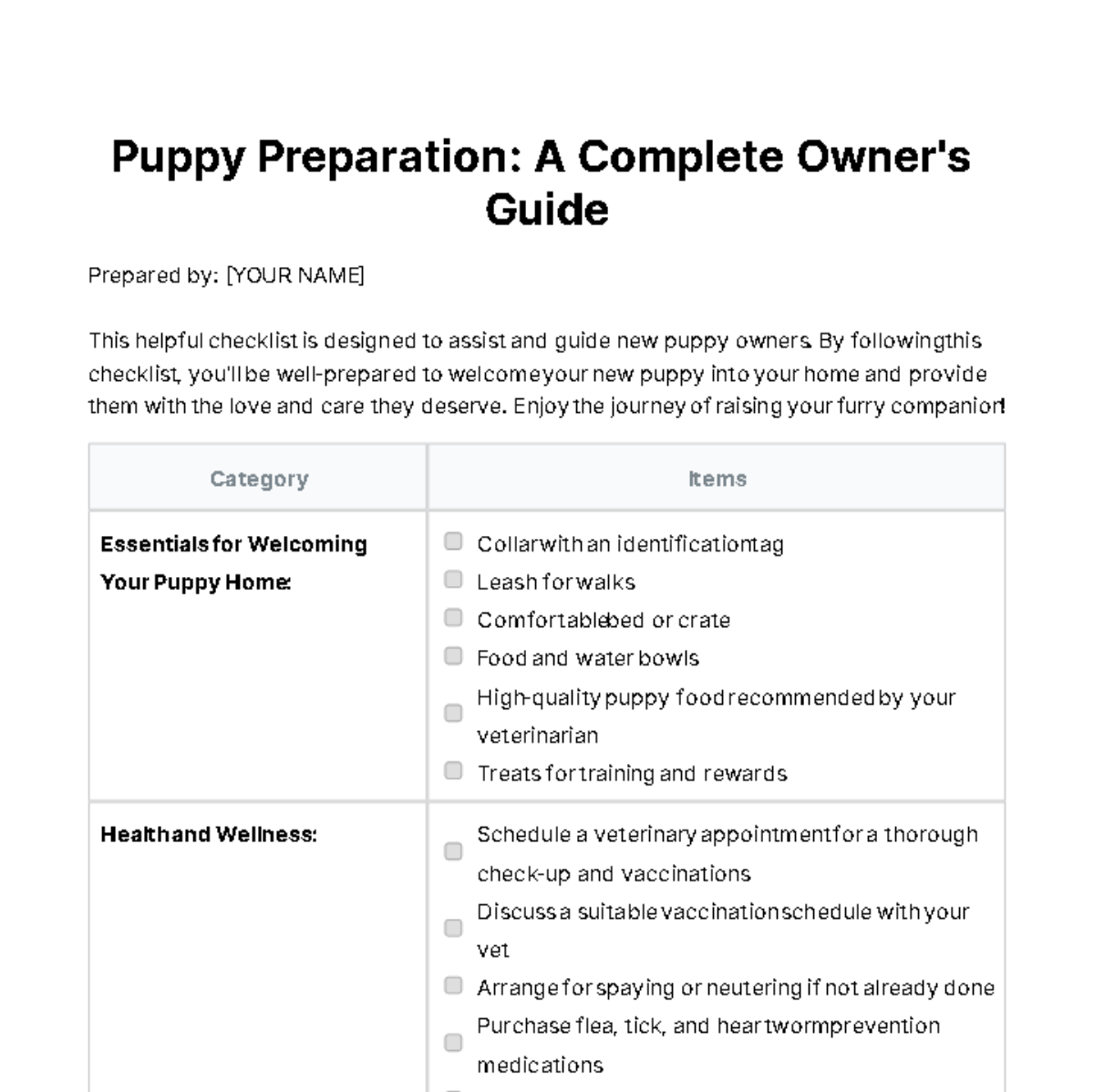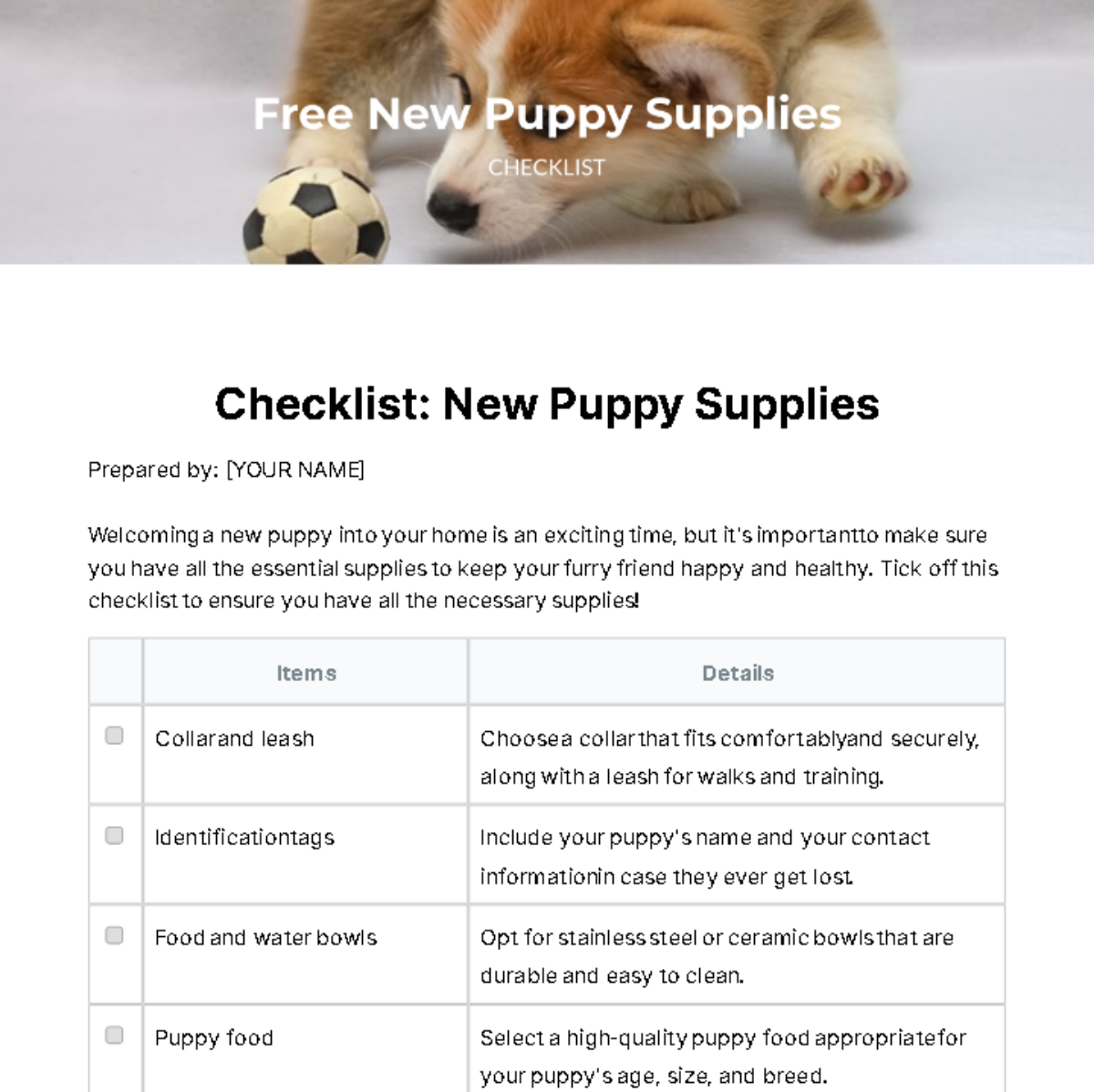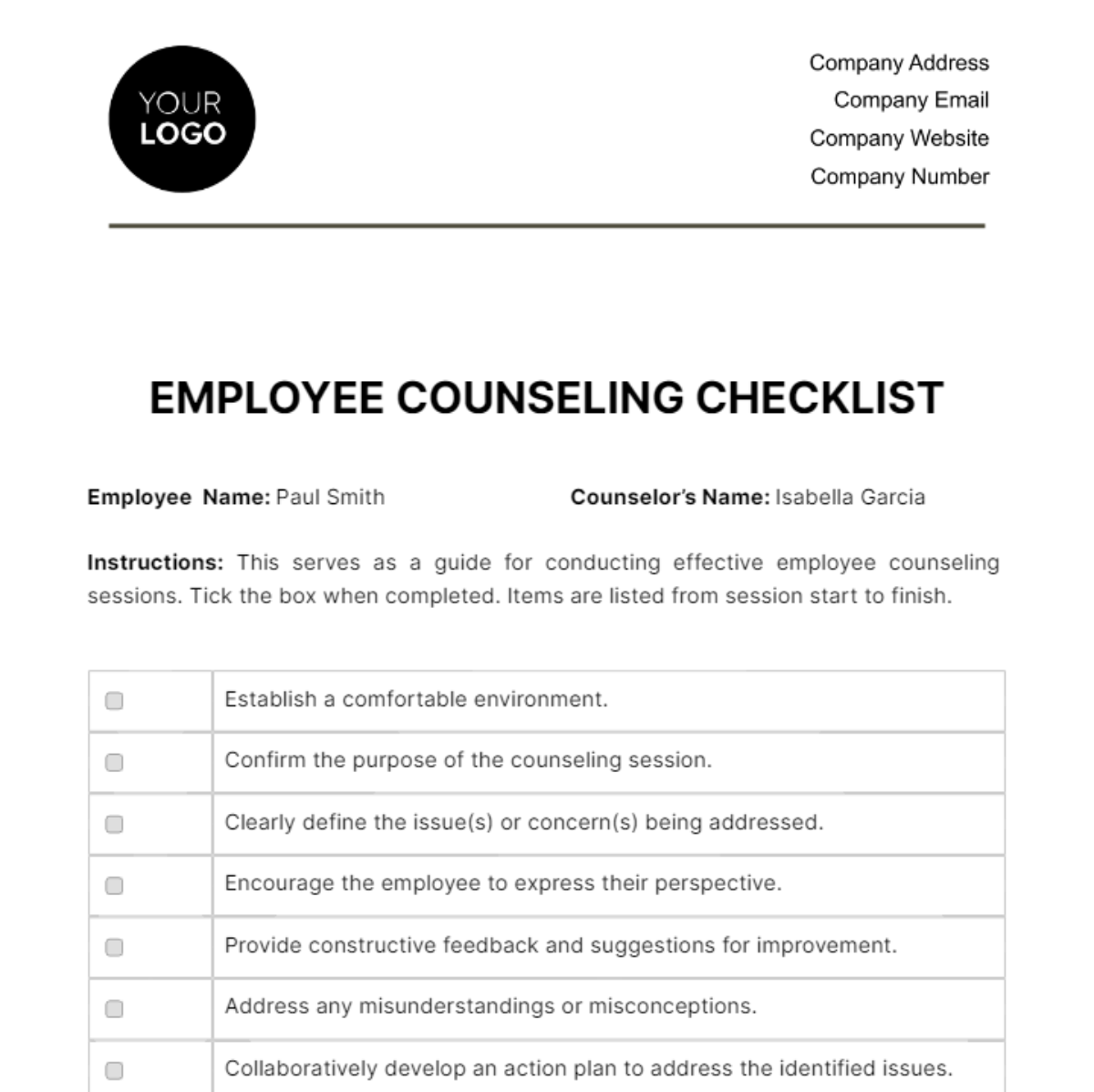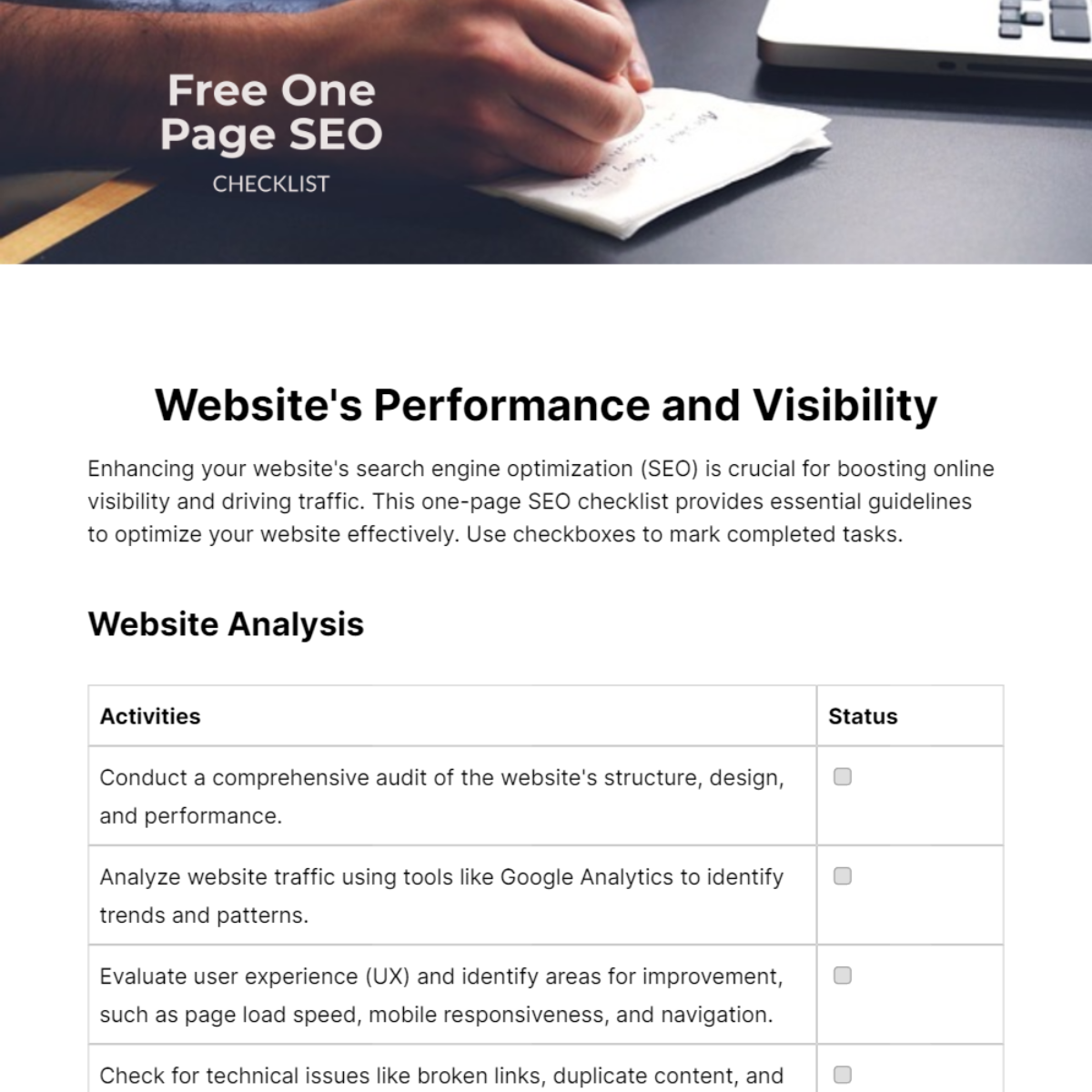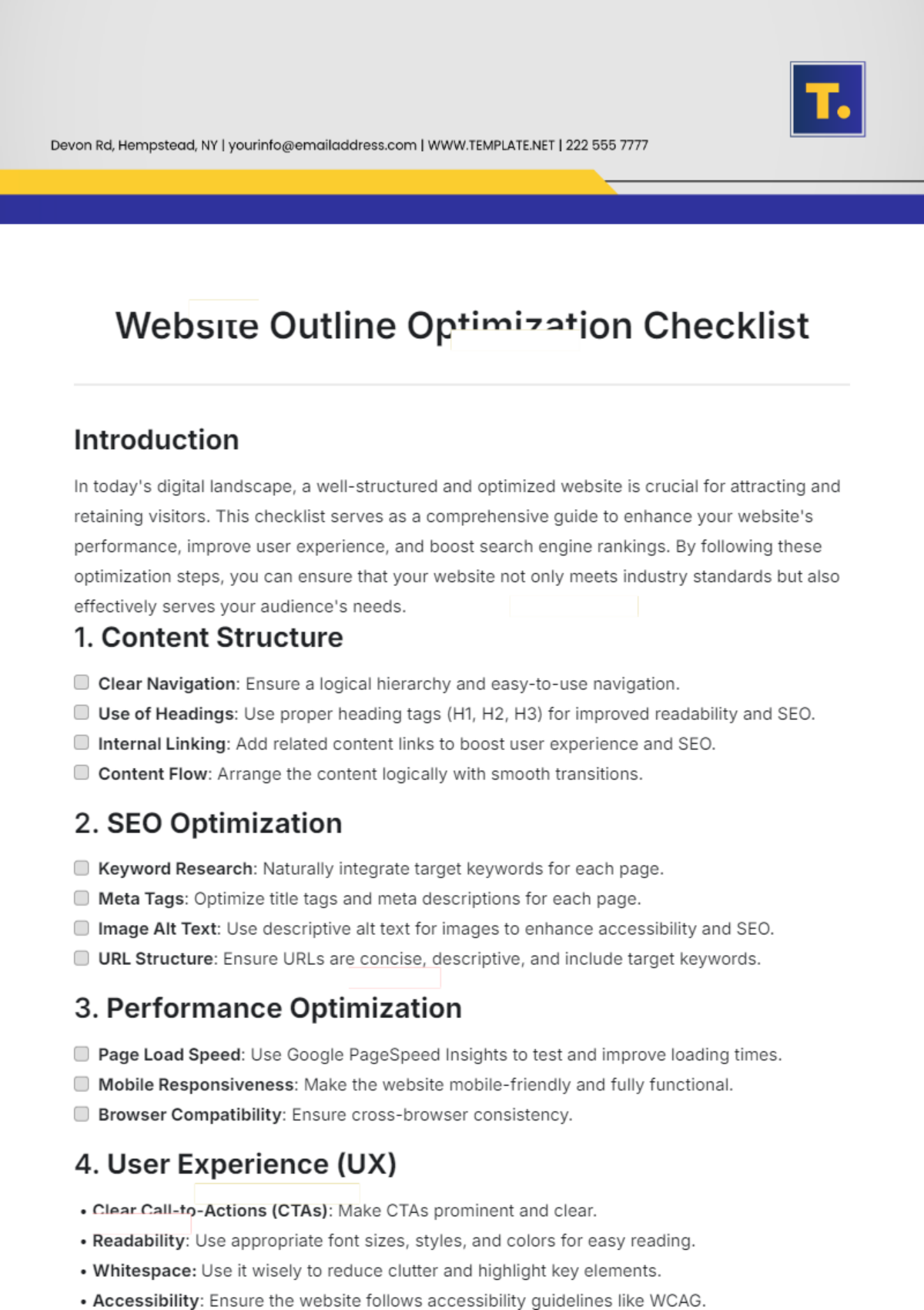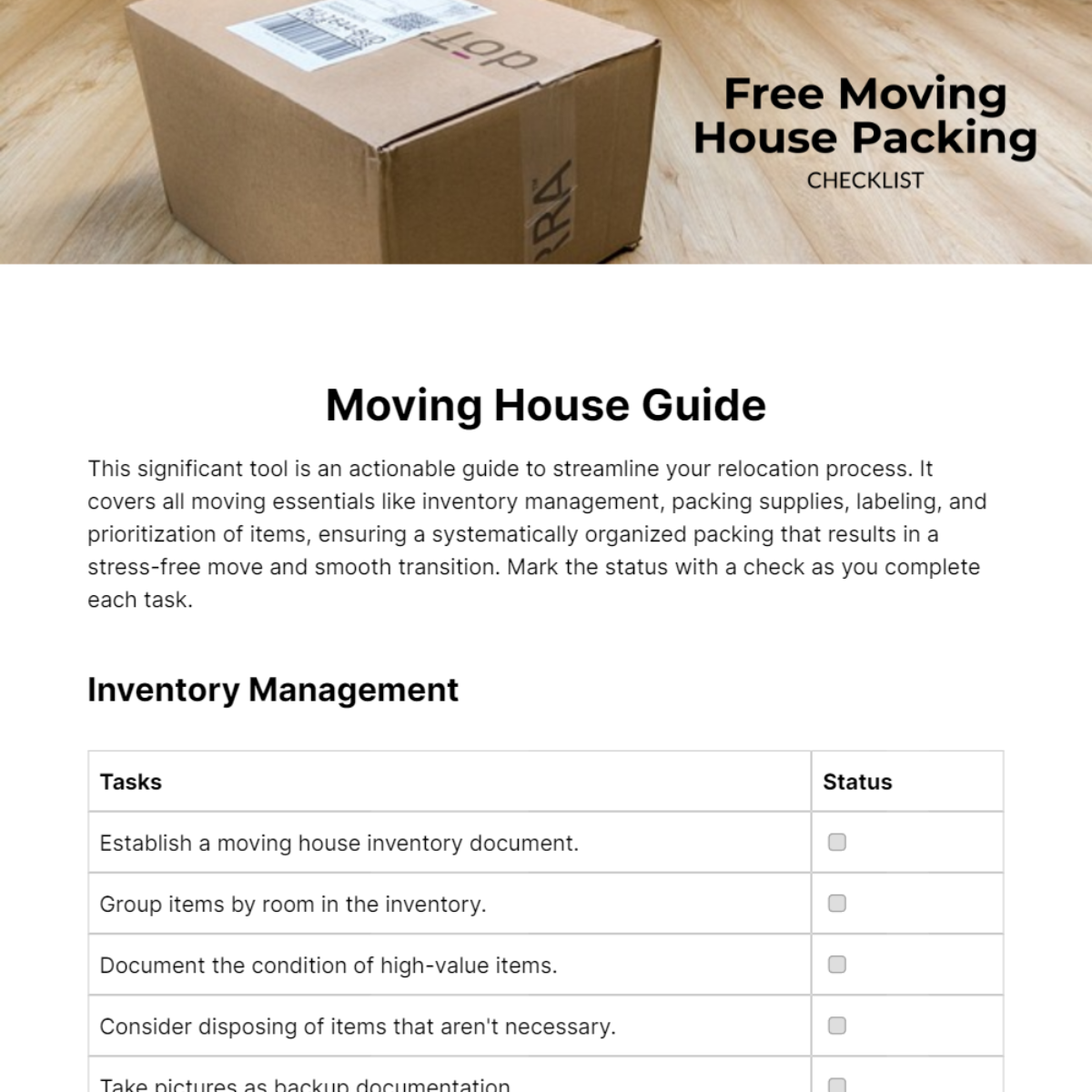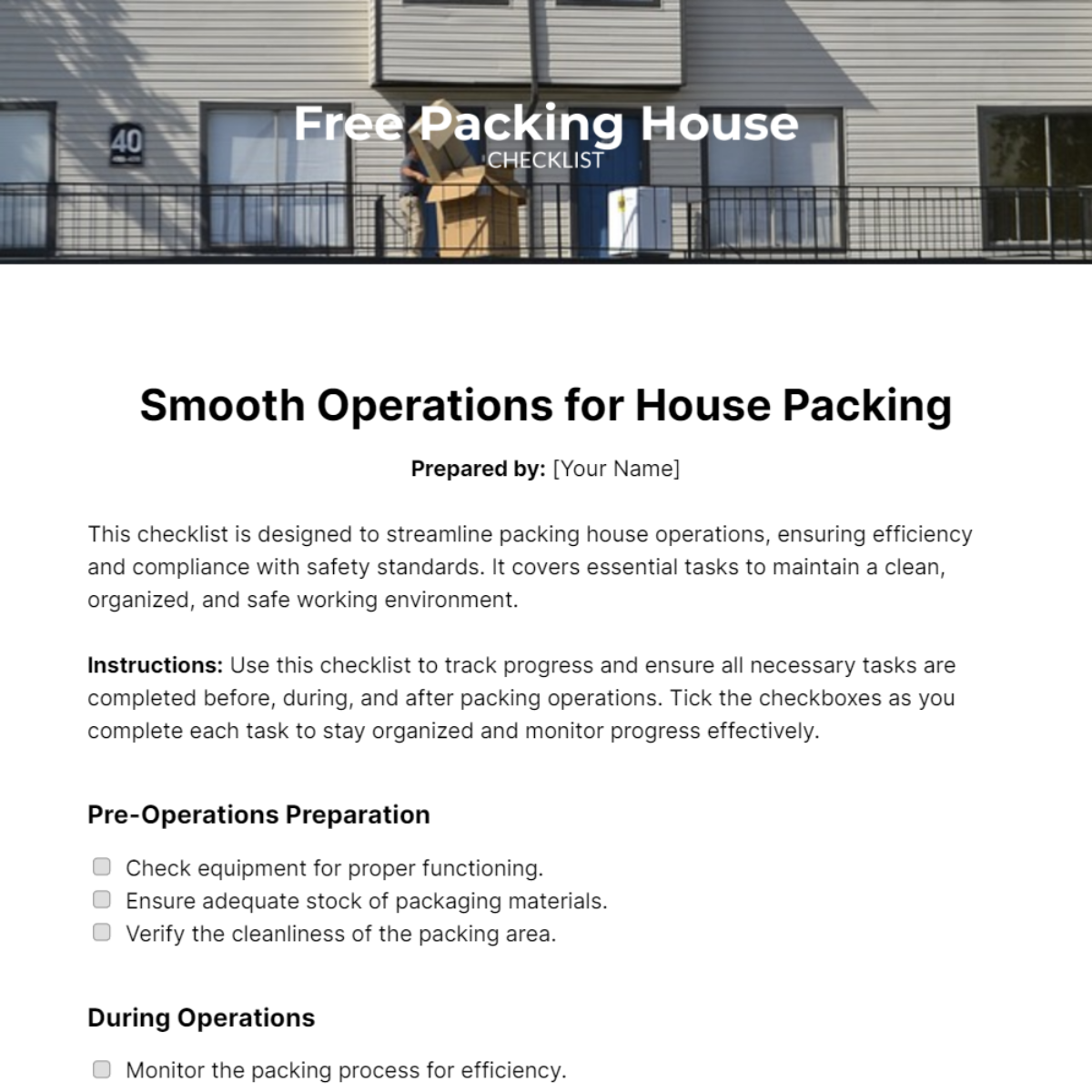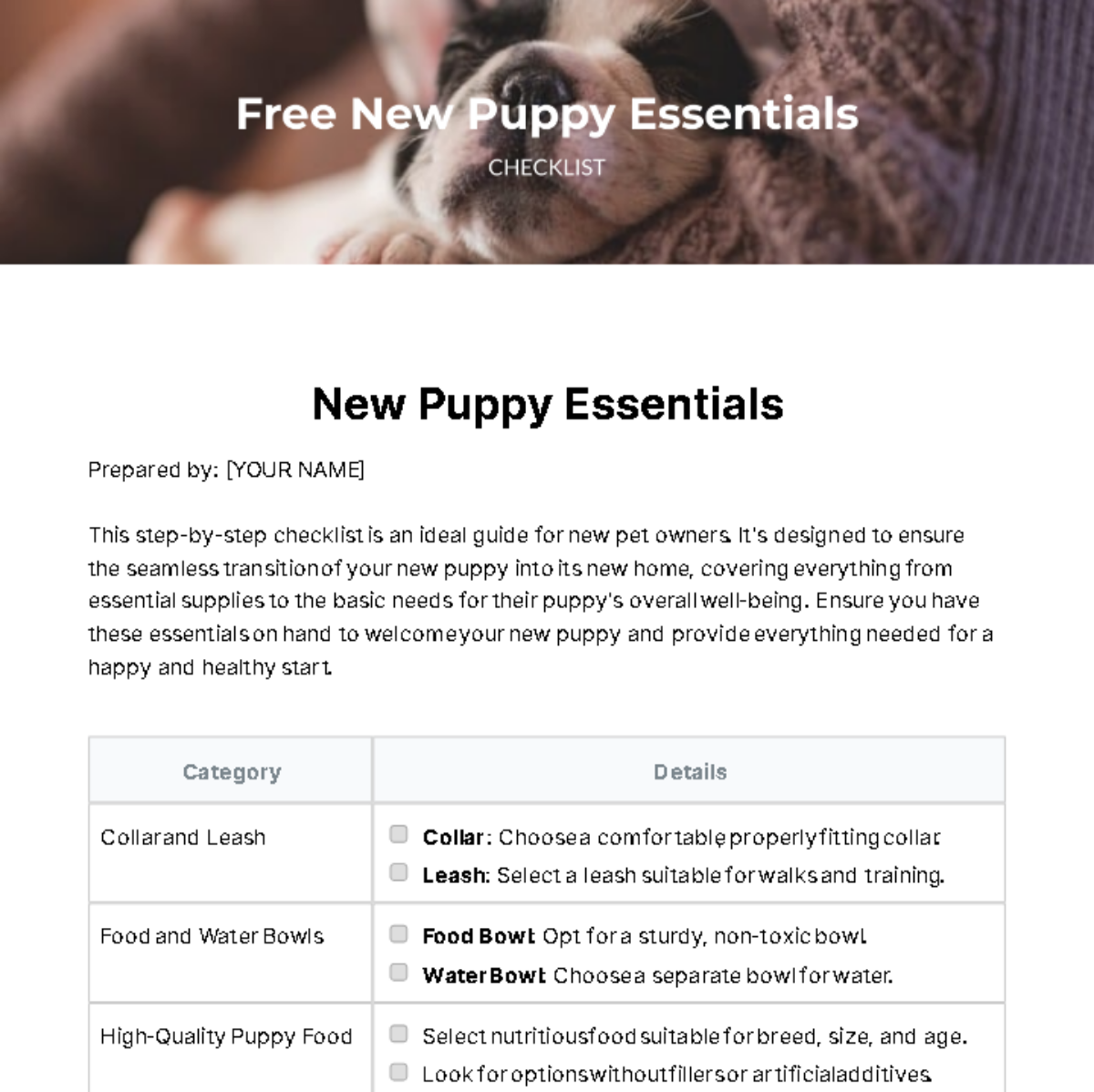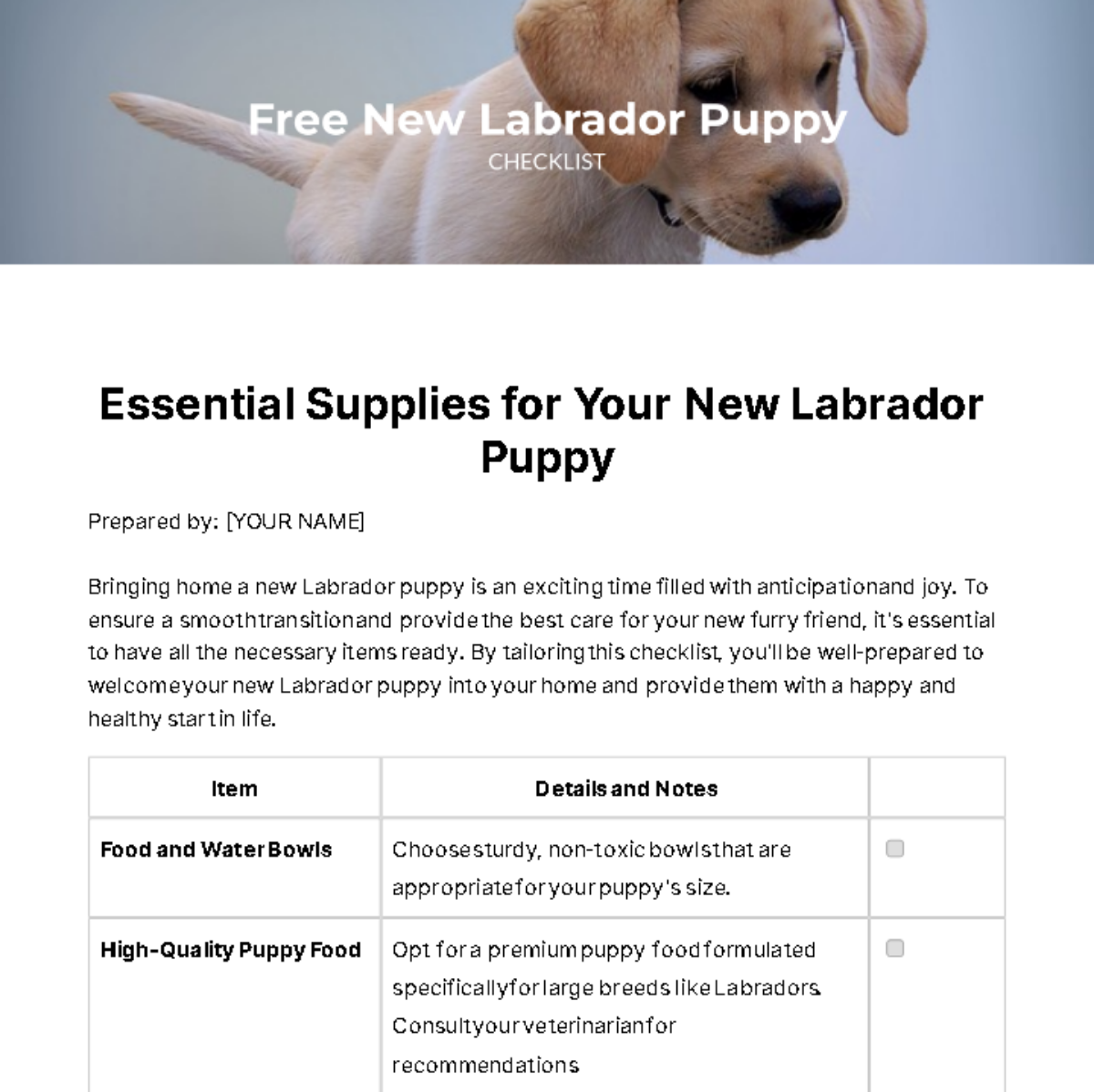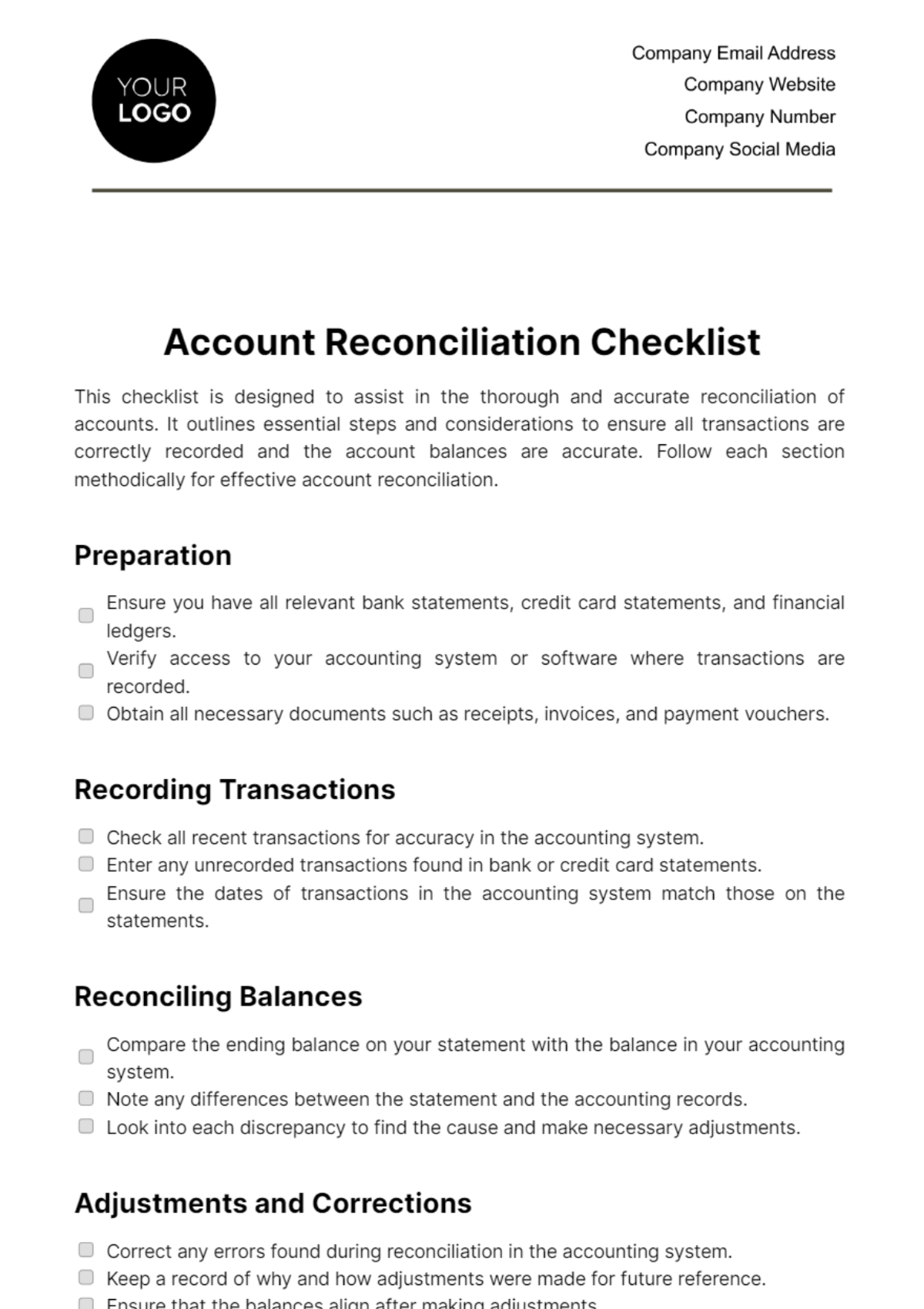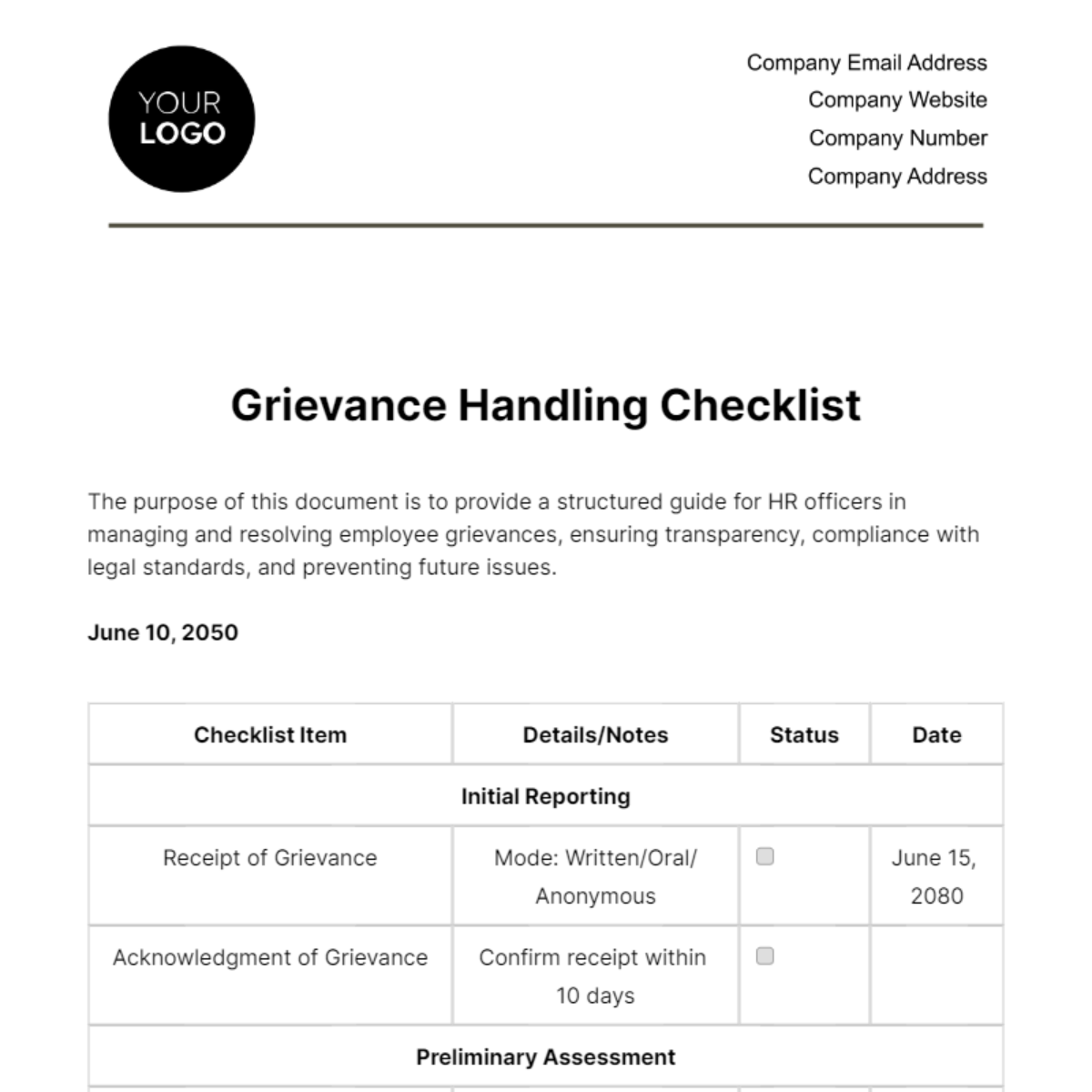Local SEO Checklist: Boosting Your Business Visibility
Company: | [Your Company Name] |
Address: | [Your Company Address] |
Prepared by: | [Your Name] |
This comprehensive SEO checklist serves as the ultimate guide for establishing an efficient local business SEO strategy. By following this local SEO checklist, you can improve your business's visibility in local search results, attract more local customers, and ultimately drive growth and success for your business.
Google My Business (GMB) Optimization: Claim and verify your GMB listing, and ensure all information is accurate and up-to-date, including business name, address, phone number, website URL, and business hours.
Local Keyword Research: Identify relevant keywords that your target audience is likely to use when searching for businesses like yours. Incorporate these keywords naturally into your website content, meta tags, and GMB profile.
On-Page SEO: Optimize your website's title tags, meta descriptions, headers, and content with local keywords. Make sure your website is mobile-friendly and loads quickly to enhance user experience.
Local Citations: Ensure your business information is consistent across all online directories, citation websites, and social media platforms. This consistency builds trust with search engines and improves your local search rankings.
Online Reviews: Encourage satisfied customers to leave positive reviews on platforms like Google, Yelp, and Facebook. Respond promptly to both positive and negative reviews to demonstrate excellent customer service.
Local Link Building: Earn backlinks from local websites, blogs, and directories to boost your website's authority in local search results. Join local business associations, sponsor events, or collaborate with neighboring businesses for link-building opportunities.
Local Content Creation: Create content that is relevant to your local audience, such as blog posts, articles, or videos about local events, news, or tips related to your industry.
Schema Markup: Implement schema markup on your website to provide search engines with structured data about your business, such as your address, phone number, and business hours.
Social Media Optimization: Maintain active profiles on relevant social media platforms and engage with your local community. Share updates, promotions, and behind-the-scenes glimpses of your business to attract local followers.
Monitor and Analyze: Regularly monitor your local search performance using tools like Google Analytics and Google Search Console. Analyze key metrics such as website traffic, rankings, and conversions to track the effectiveness of your local SEO efforts.
